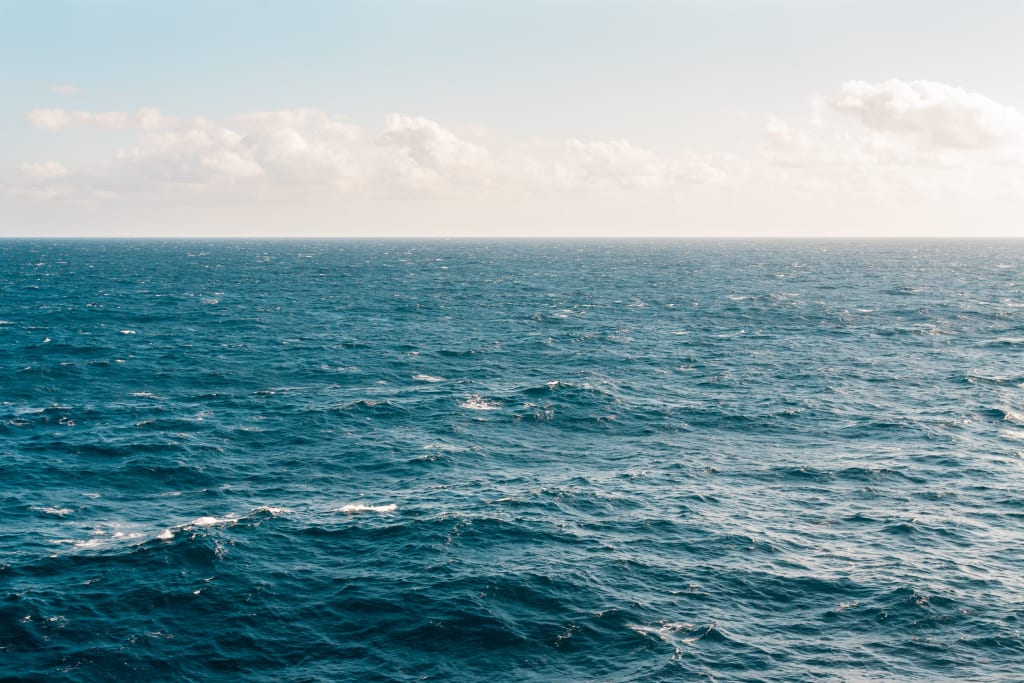Why Is the Sea Salty?
Unraveling the Mystery of Salinity in the Sea

The sea is one of the largest and most impressive bodies of water on the planet, covering over 70% of the Earth's surface. However, many people wonder why the sea is salty. In this article, we will explore the answer to this curiosity and delve into the processes that make seawater so salty.
Seawater is not pure H2O but contains a variety of dissolved substances, which give it its characteristic salinity. These substances, known as salts, are derived from various sources and contribute to the overall saltiness of the sea.
One of the primary sources of salts in the sea is the constant erosion of rocks and minerals on land. Over millions of years, rainwater and rivers have washed away minerals from the Earth's crust, carrying them into the oceans. These minerals include sodium, potassium, calcium, and magnesium, among others, and contribute to the overall salinity of seawater.
In addition to the minerals eroded from land, volcanic activity also plays a role in introducing salts to the sea. Volcanic eruptions release gases and minerals into the atmosphere, which eventually find their way into the ocean. Substances such as sulfur, chlorine, and carbon dioxide can dissolve in seawater, further increasing its salinity.
Another significant factor contributing to the saltiness of the sea is evaporation. As the sun's heat causes water to evaporate from the surface of the ocean, the dissolved salts are left behind, resulting in an increased concentration of salt in the remaining water. This process is particularly prominent in areas with high rates of evaporation, such as arid regions or enclosed bodies of water like the Dead Sea.
Interestingly, not all bodies of water have the same level of salinity. The sea, being a vast expanse of water, has a relatively consistent salt content due to the continuous input and output of water from various sources. However, there are exceptions. For instance, enclosed bodies of water with no outlet, such as the Dead Sea or the Great Salt Lake, have exceptionally high salinity levels due to the accumulation of salts over time and minimal freshwater inflow.
The salinity of the sea is typically measured in parts per thousand (ppt). The average salinity of seawater is around 35 ppt, meaning that for every thousand grams of seawater, approximately 35 grams are dissolved salts. However, this value can vary slightly depending on factors such as location, temperature, and depth.
The salinity of seawater plays a crucial role in the overall functioning of the marine ecosystem. It affects the distribution of marine organisms, their physiological processes, and their ability to survive in different environments. Some organisms have developed specialized adaptations to cope with varying levels of salinity, such as fish that can regulate the salt concentration in their bodies or certain types of algae that thrive in highly saline conditions.
Moreover, the saltiness of seawater has practical implications for various human activities. Salt is harvested from the sea for consumption and industrial purposes. Saltwater desalination, the process of removing salt from seawater, provides a valuable source of freshwater in regions with limited freshwater resources. Additionally, the salt industry contributes to the economy by producing various salt-based products.
In conclusion, the sea is salty due to the presence of dissolved salts derived from land erosion, volcanic activity, and evaporation. These salts contribute to the overall salinity of seawater, which plays a crucial role in marine ecosystems and human activities. Understanding the factors that make the sea salty enhances our appreciation of the complex processes that shape our planet and sustain life within the oceans.
About the Creator
Johan Jaramillo
Passionate about writing articles, stories, and tales. Each word is a blank canvas that breathes life into new worlds and emotions. Writing is my sanctuary, my way of expression, and sharing my passion with the world.






Comments
There are no comments for this story
Be the first to respond and start the conversation.